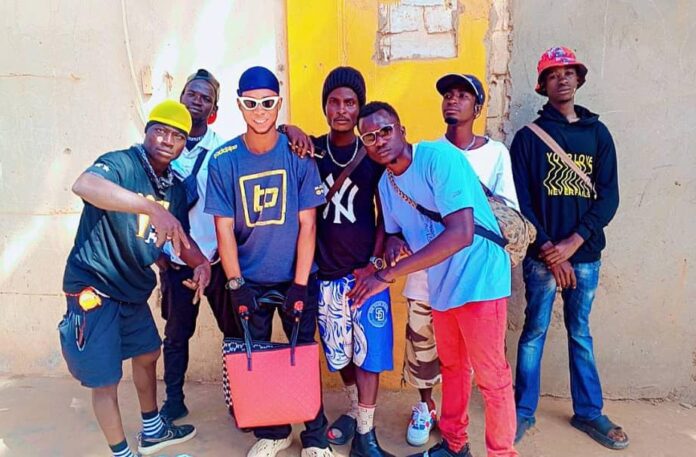By: Michaella Faith Wright
For many Sierra Leonean migrants living in The Gambia, life remains a daily struggle marked by unemployment, discrimination, and a deep yearning for home. Despite seeking greener pastures, many migrants say they have yet to find relief from their hardships.
Mohammed Fofanah, who has lived in The Gambia for two years, described his experience as anything but easy. “Since I came to this country, life has not been easy. There’s no work, and sometimes, when we go for documents, people take advantage of us. Even officers sometimes speak to us aggressively,” he explained. He also added that Sierra Leoneans are often unfairly blamed for crimes without proper investigation, and that some individuals from other countries use Sierra Leonean documents to avoid scrutiny.
Almammy Turay, originally from Makeni in northern Sierra Leone, has spent over two years in The Gambia. While acknowledging the challenges, he shared a silver lining. “When you relocate, you must fight hard. Back home, you might not take things seriously, but when you travel, it pushes you. I’ve learned a skill in construction, and I feel blessed to be doing something for myself,” he said. His message to fellow Sierra Leoneans is to stay focused and avoid criminal activities. “Gangster life won’t take you anywhere,” he added.
Chernor Yorpor, who arrived through a company three years ago, revealed how he was exploited by his employer. “I worked for eight months without being paid. I reported it, but nothing happened. Some of our own people are involved in crimes, and it affects how we’re seen,” he stated.
Another migrant, Ibrahim J. Sankoh, expressed dismay over the lack of unity among Sierra Leoneans in The Gambia. “There is no love among us. It hurts to see our name tarnished, especially when others use our documents. But I’ve seen how Gambians love each other, and I’ve learned from that. As an electrician, I can now support my family back home,” he said, calling for peace and productivity within the Sierra Leonean community.
Alusine Kamara, who runs a small business, said life has become unbearable. “If I had transport, I would go back. Things are tough. Our name has been stained because of the actions of a few, and it’s affecting everyone. Even here at Turn Table, we’re pleading with the government for help to return home.”
Similarly, Alusine Sheriff expressed deep frustration and hardship. “Even food is hard to come by. I left Sierra Leone because things were difficult, but life here hasn’t changed much either. I want to go back,” he said.
These voices reflect a shared yearning for dignity, stability, and opportunity—whether in The Gambia or back in Sierra Leone. Their stories are a call for greater support, understanding, and change.




